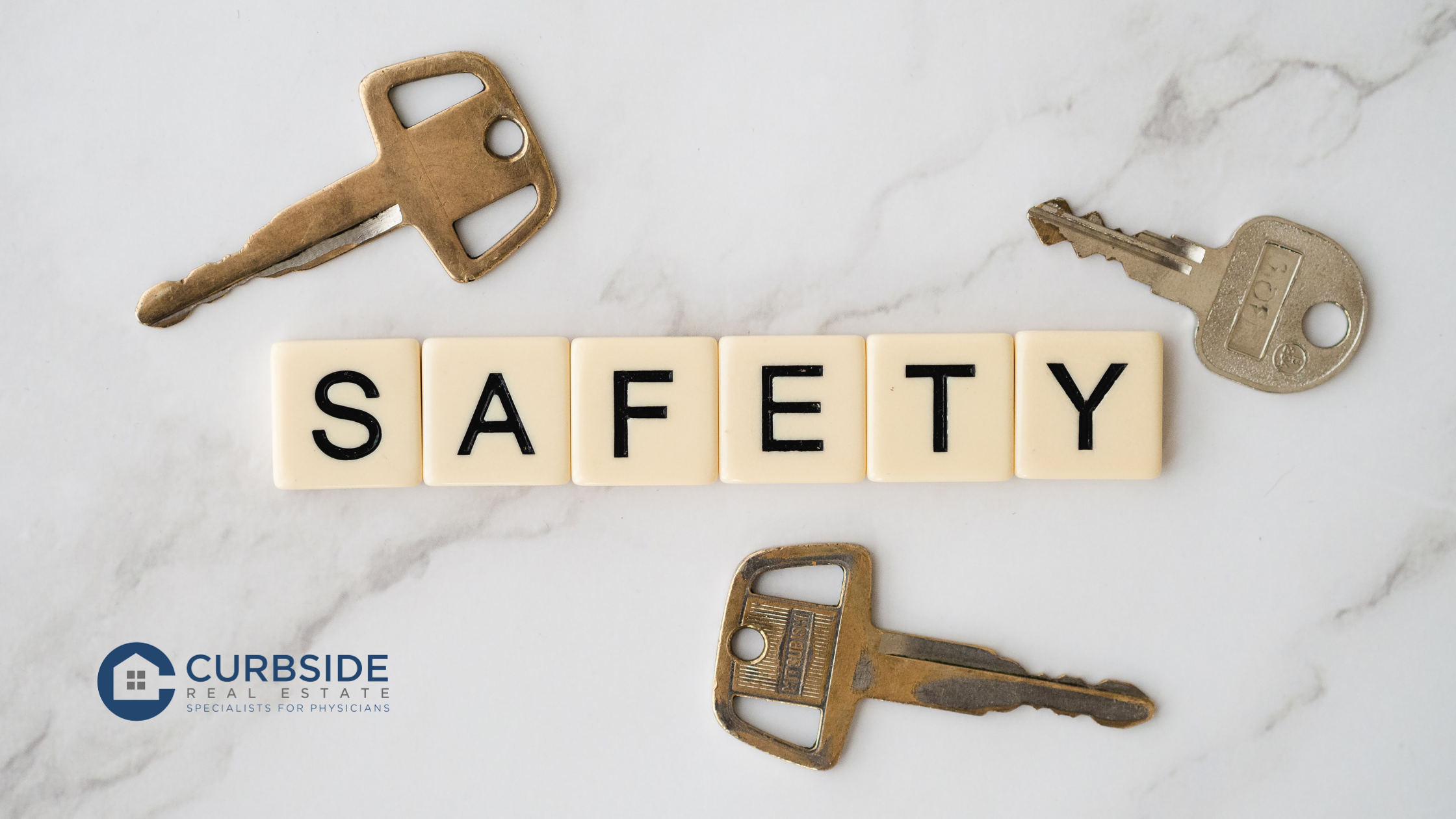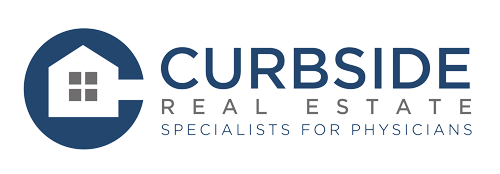Securing Your Home: Physician Safety Tips

Safety Tips: How to Secure Your New Home
For many physicians, securing a home loan and relocating to a new house is a significant achievement. Whether you’ve navigated the complexities of physician home loans or managed physician relocation, the journey doesn’t end at getting the keys. The next crucial step is ensuring your new home is safe and secure. Here are essential safety tips every physician should consider:
Assess Your Home’s Security Needs
Start with a thorough assessment of your new home’s existing security measures. Check for vulnerabilities like old locks, unsecured windows, or poorly lit areas. Understanding these weak spots will help you prioritize where to focus your security enhancements.
Upgrade Locks and Entry Points
High-quality locks on doors and windows are your first line of defense. Consider installing deadbolts or smart locks for enhanced security. Don’t forget to secure sliding doors and basement windows, which can be easy targets for intruders.
Install a Security System
Modern security systems offer more than just alarms. They can include motion sensors, surveillance cameras, and remote monitoring capabilities. Choose a system that aligns with your lifestyle and offers the level of protection you’re comfortable with.
Smart Home Automation
As a physician, your schedule might be unpredictable. Smart home devices like automated lights, smart doorbells with cameras, and remote-controlled garage doors can help deter potential break-ins and give you control and surveillance capabilities from anywhere.
Safety in Lighting
A well-lit home can be a deterrent to burglaries. Install motion-sensor lights around your property, especially at entry points. Consider timer-controlled indoor lighting to give the impression that someone is home even when you’re on long shifts.
Fire Safety Measures
Ensure your home is equipped with smoke detectors, carbon monoxide detectors, and fire extinguishers. Regularly check these devices to ensure they are functioning correctly.
Get to Know Your Neighbors
Building a rapport with your neighbors can be an effective security strategy. They can be extra eyes on your property when you’re away and can alert you to any suspicious activity.
Secure Valuables and Personal Information
Use a safe for important documents and valuables. Be mindful of personal information that could be accessible, especially if you have a home office. Shredding sensitive documents and securing your Wi-Fi network are crucial steps.
Regular Maintenance Checks
Regularly inspect your property for any security lapses. This includes checking the locks, testing alarms, and ensuring outdoor lighting is operational.
Create an Emergency Plan
Have a plan in place for different types of emergencies. This includes knowing all possible exits, having a designated meeting spot for your family, and keeping an emergency kit accessible.
Curbside Consultation for Home Safety
At Curbside Real Estate, we understand the importance of a safe and secure home for physicians. If you have questions about home security or need guidance in finding resources to secure your home, schedule a Curbside Consult with us. For busy physicians, our quick consult form is an efficient way to get the advice you need.
Schedule a Curbside Consult | Complete the Consult Form
For more comprehensive home safety tips, the National Crime Prevention Council (NCPC) offers extensive resources and checklists.
Disclaimer: The information provided in this article is for general informational purposes only. It should not be construed as financial, legal, or medical advice. Always consult with a qualified professional before making any significant decisions.
